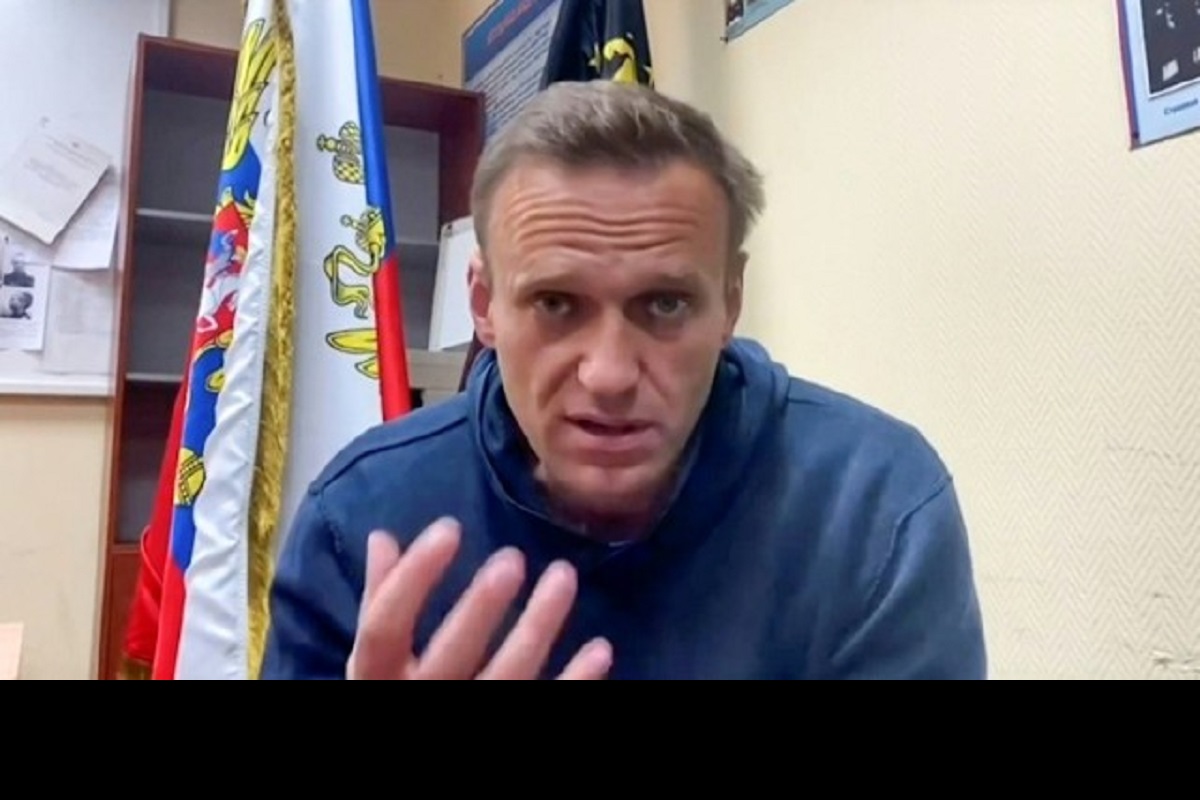The Russo-American tension over the arrest of the dissident, Alexei Navalny, can scarcely be likened to the frost during the Cold War that dominated the 20th century narrative… till the Soviet Union disintegrated in August 1991. Yet it is profoundly significant that the Joe Biden administration on Tuesday announced its first cache of sanctions against the Kremlin.
It would be no exaggeration to suggest that the tension between the two nuclear powers has deepened since Tuesday. The penalties, like those adopted by the European Union, target senior Russian law enforcement officials, as well as match sanctions the EU and the UK had imposed earlier on other Russians allied with President Vladimir Putin in response to the attempted murder of Navalny.
Advertisement
There is little doubt that the sanctions will help set the tone for Biden’s relationship with Putin. The present occupant of the White House has said he will treat the Russian President as more of an adversary than his predecessor, Donald Trump, did. The rouble recovered sharply after Bloomberg News reported the actions, reversing earlier losses as investors were encouraged by the sanctions’ relatively narrow scope.
“The Kremlin’s use of chemical weapons to silence a political opponent and intimidate others demonstrates its flagrant disregard for international norms,” Treasury Secretary Janet Yellen said in a statement. “We join the EU in condemning Alexei Navalny’s poisoning as well as his arrest and imprisonment by the Russian government.”
The U.S. has demanded the release of Navalny, his allies and others wrongfully detained in Russia and an end to the persecution of his supporters, according to a senior administration official. Viktor Zolotov, the head of Russia’s National Guard; Igor Krasnov, the country’s prosecutor general; Alexander Kalashnikov, the Federal Penitentiary Service chief; and Alexander Bastrykin, who leads the country’s Investigative Committee, are the targets of the EU’s latest penalties, according to Peter Stano, foreign affairs spokesman for the EU.
It bears recall that Navalny returned to Russia in January after being treated in Germany for a nerve agent attack. He was detained shortly after landing at Moscow’s Sheremetyevo airport. Western governments and Navalny have accused the Kremlin of being behind the attempted assassination.
Russia denies this and has said that Navalny’s imprisonment is an internal matter. Last month, Biden called for Navalny’s release, saying he was “targeted for exposing corruption and should be released immediately and without condition.”
It is pretty obvious that Russia paid no heed to the appeal, embedded in the imperatives of human rights. Since then, Navalny has been sentenced and he has begun serving a two-and-a-half-year term. Last week, he was moved to a notorious penal camp in the Vladimir region about 60 miles east of the Russian capital. The Kremlin is palpably reacting with far greater indignation than it is entitled to.











